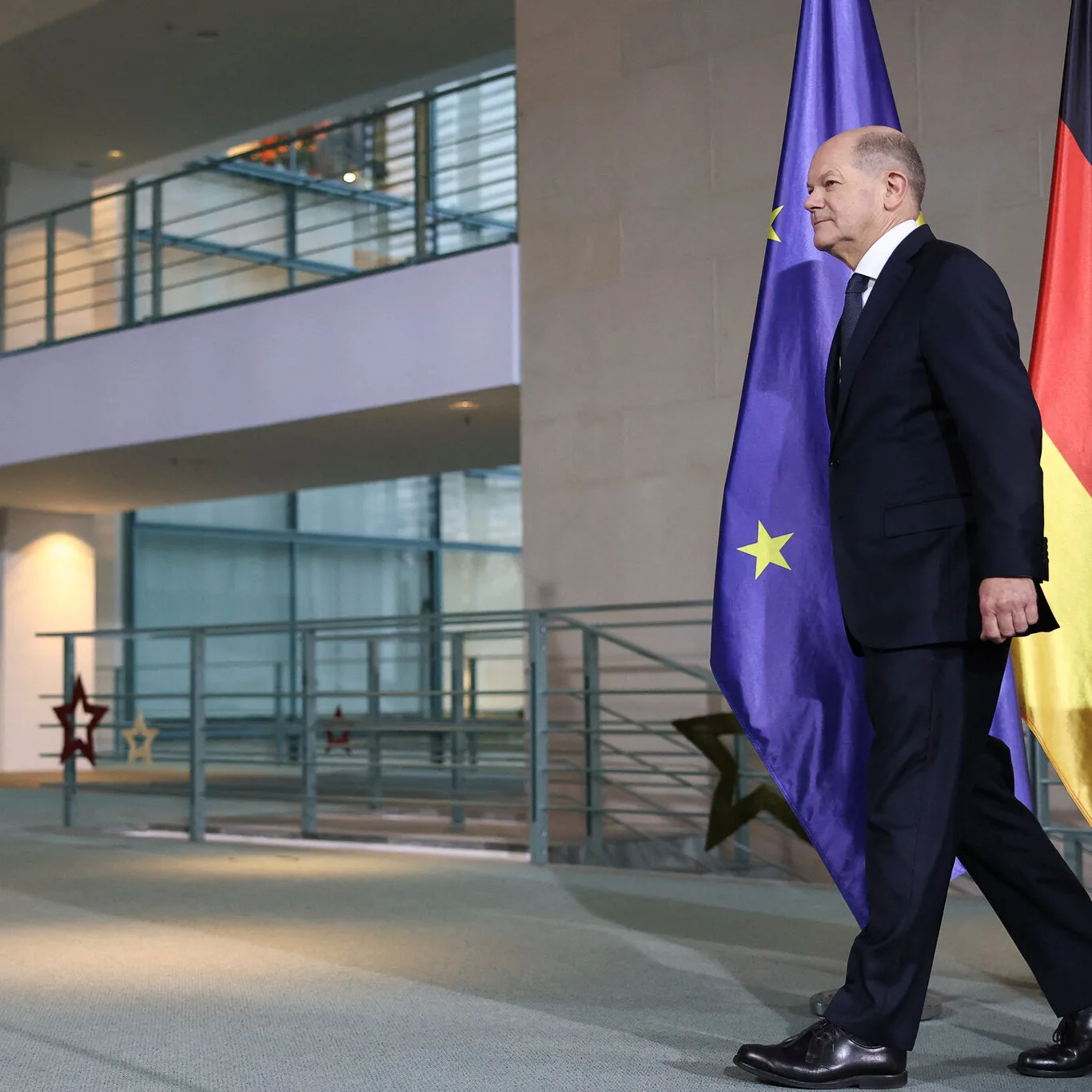Germany is set to enter a snap election as tensions rise over voter concerns related to far-right policies and economic stability. Chancellor Olaf Scholz’s government, currently in coalition with the Green Party and the Free Democrats, faces increasing pressure from the opposition, particularly the Christian Democratic Union (CDU) led by Friedrich Merz. In recent polls, the Alternative for Germany (AfD) is showing a notable rise in support, bringing the issue of immigration and national identity to the forefront. According to Merz, ‘The AfD’s message resonates with the electorate because they are tired of being unheard in our political discourse.’ Meanwhile, Scholz has responded urging voters to reject the divisive rhetoric and to focus on social unity. The snap election, which comes after significant shifts in the political landscape, reflects a struggle with inflation, which sits at about 5.2%, and an economic outlook that feels uncertain to many citizens. Analysts are observing this election closely, as it could signal a shift in the country’s approach to immigration and integration if the AfD gains significant ground. Scholz and Merz will be campaigning vigorously in the upcoming weeks to secure voter support as the election date approaches, and turnout will be critical in determining the direction of Germany’s future.
Germany Faces Snap Election Amid Rising Voter Concerns Over Far-Right Policies













